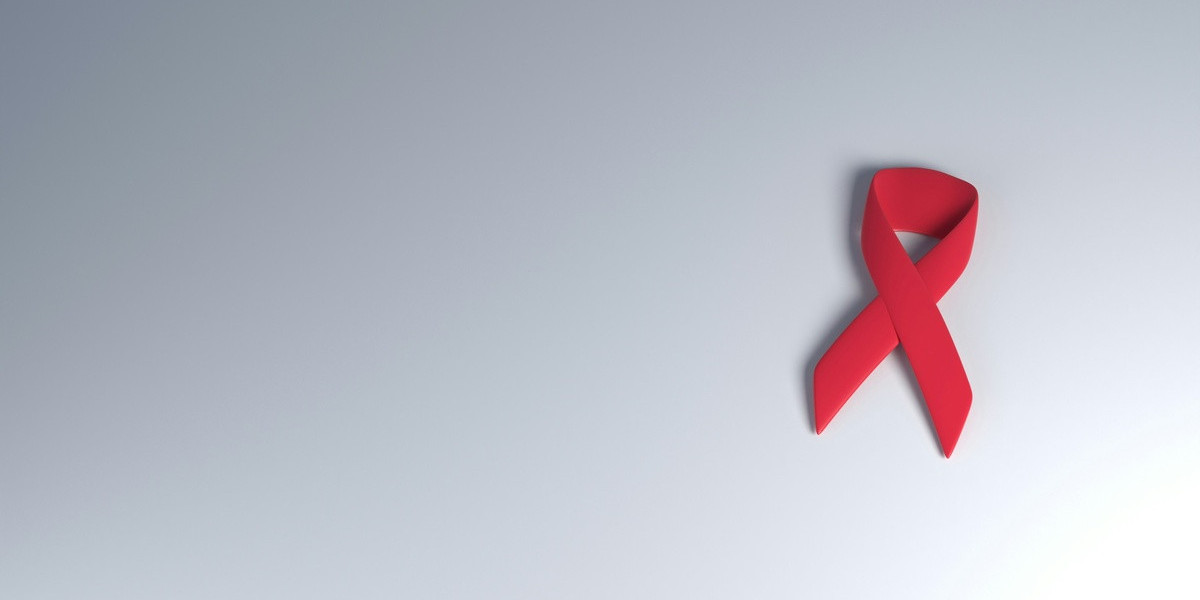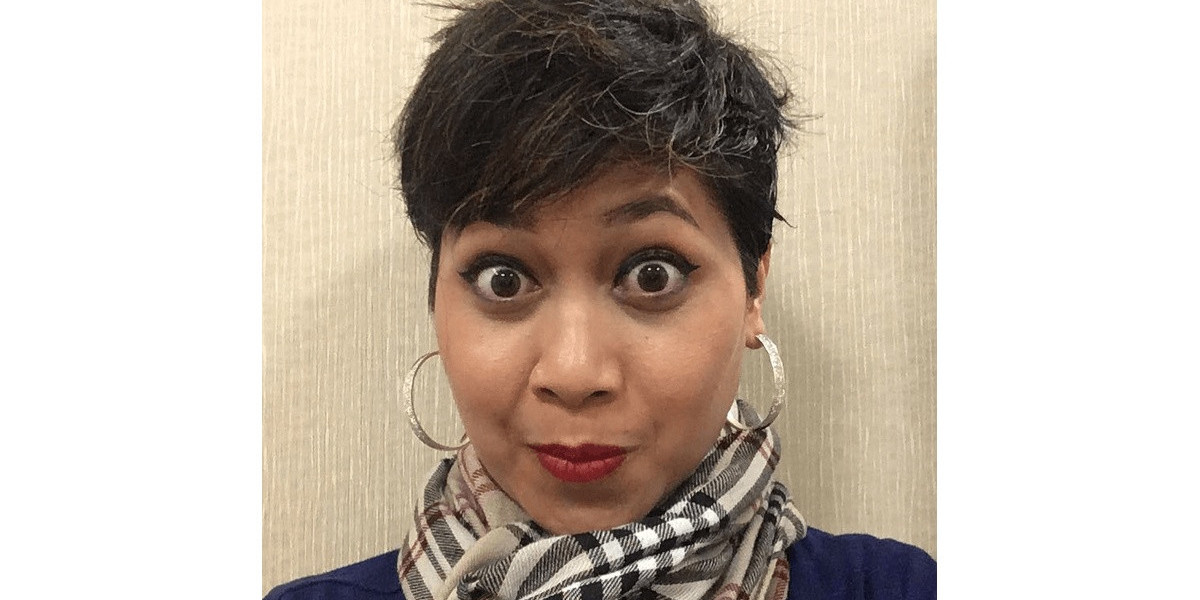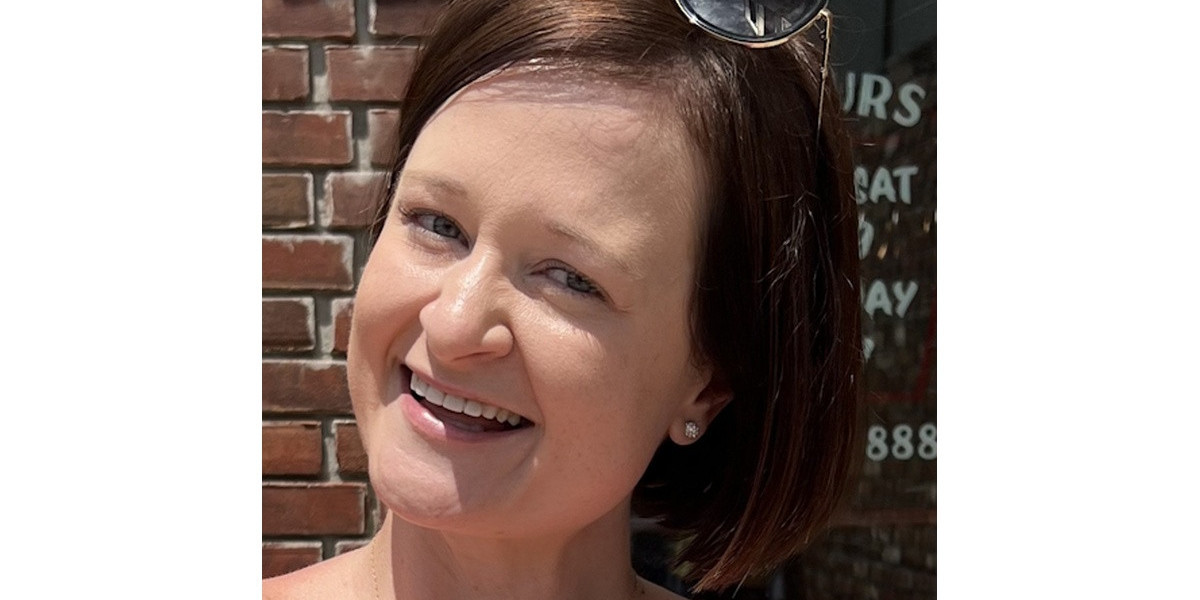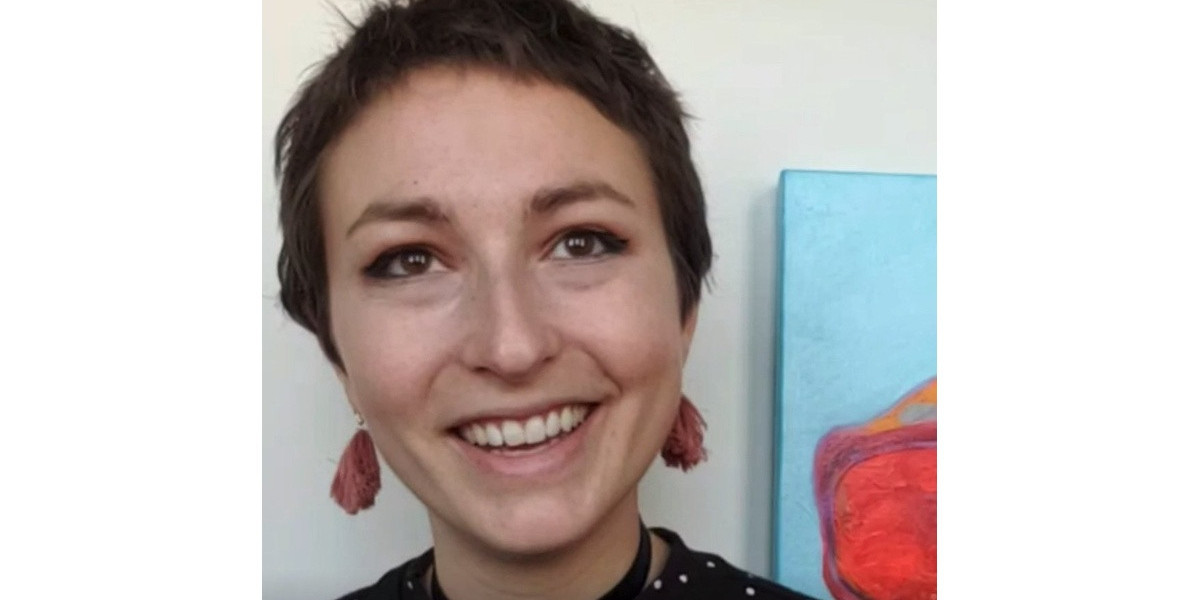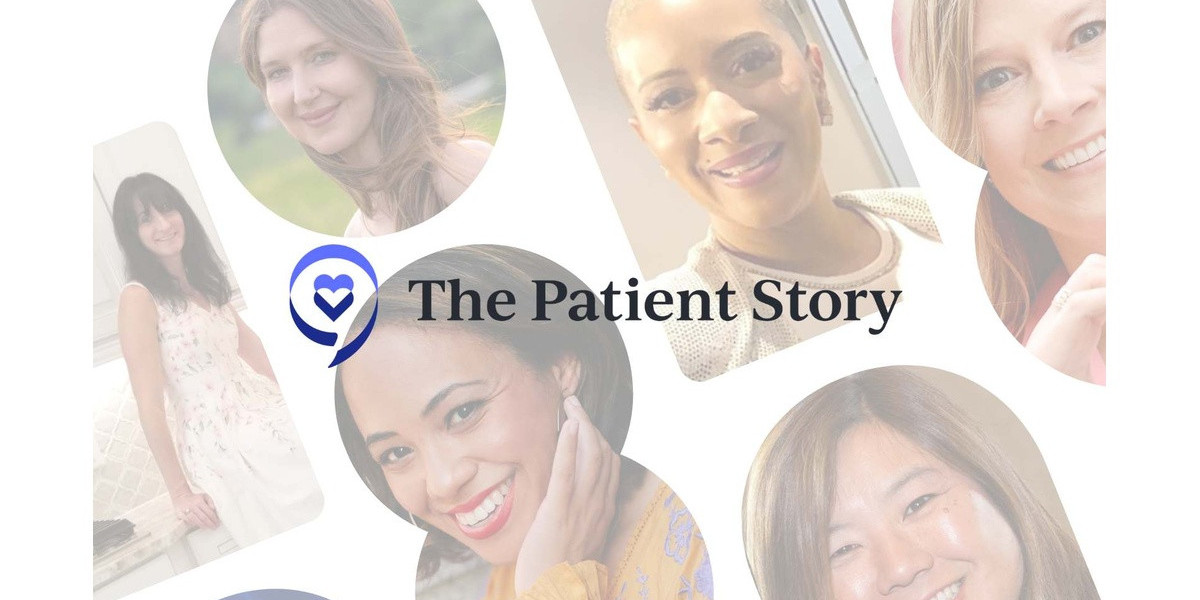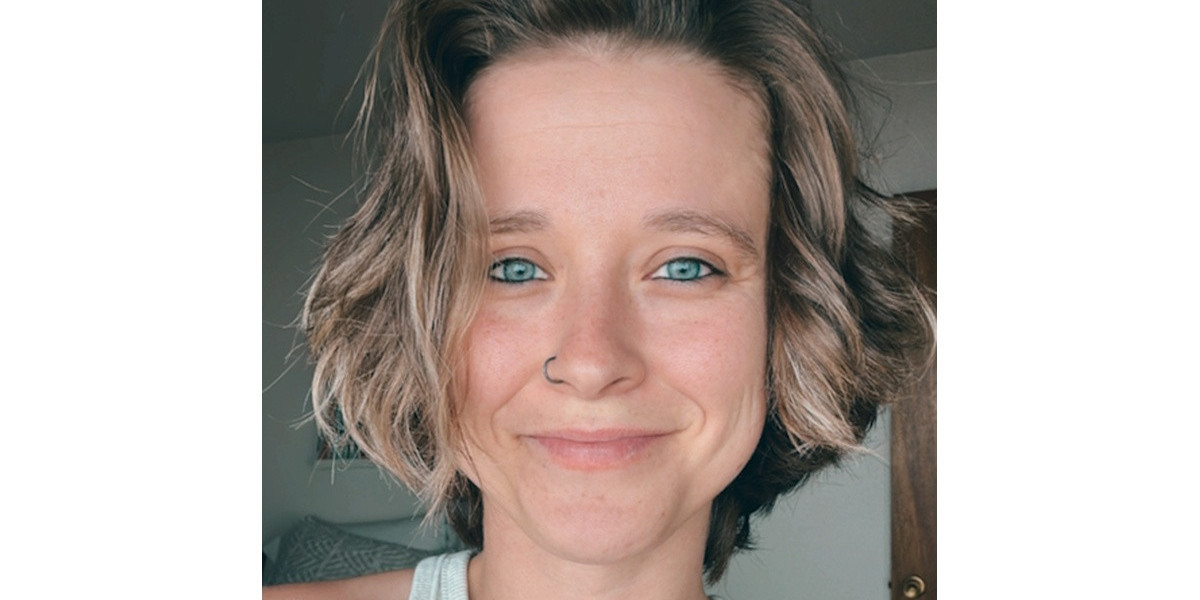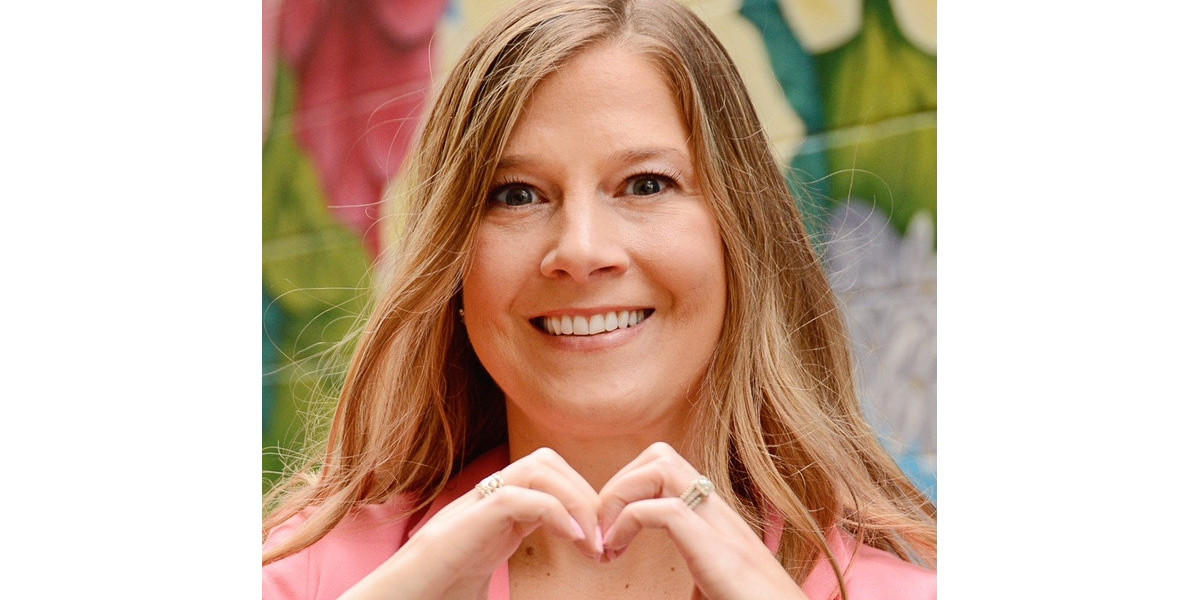Susan’s Recurrent Breast Cancer & Parkinson’s Story
Susan S., Recurrent Triple-Negative Breast Cancer, ER+, PR+
Symptoms: Lump, twisted and caved-in nipple
Treatments: Surgery (double mastectomy, lumpectomy), radiation, chemotherapy
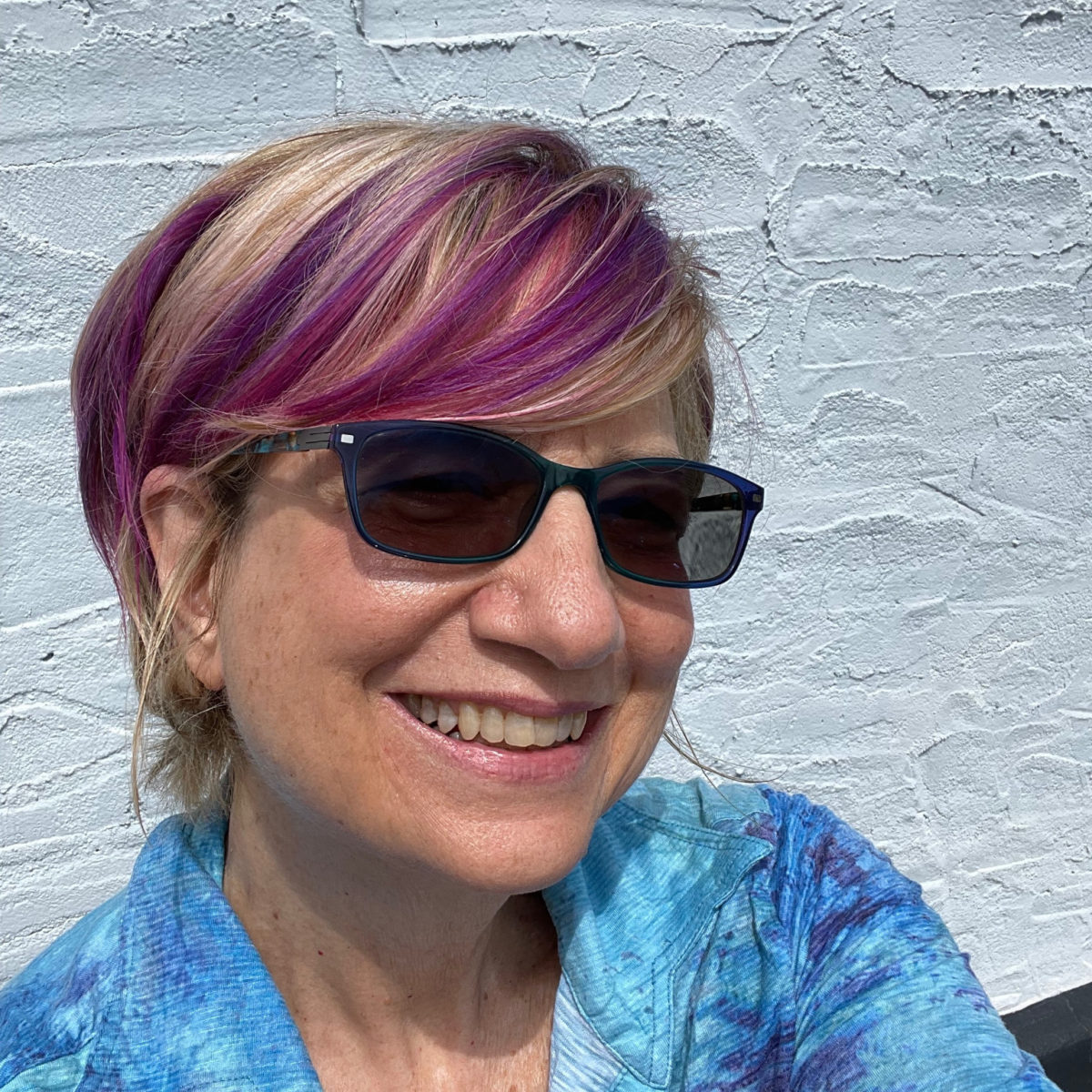
Susan’s Recurrent Triple-Negative Breast Cancer & Parkinson’s Story
In 2000, Susan discovered a lump in her left breast. After a fine needle aspiration, doctors told her it wasn’t cancerous. Following surgical removal, they discovered they were wrong. Susan struggled with denial but eventually came to terms with her diagnosis, and later overcame breast cancer.
Nearly 20 years later, Susan was diagnosed with Parkinson’s and a few years later, breast cancer again. This led her to decide to get a double mastectomy. Rather than opting for implants, Susan chose an aesthetic flat closure which she came to struggle with after not being well-informed about the decision.
With the support of her physician husband and family, Susan overcame Parkinson’s symptoms and 3 breast cancer diagnoses. She shares her recurrent breast cancer story with us, including what keeps her positive, how she processed having cancer, dealing with pain, her experience with hair loss, making difficult treatment decisions, and her advice for those on their own cancer journeys.
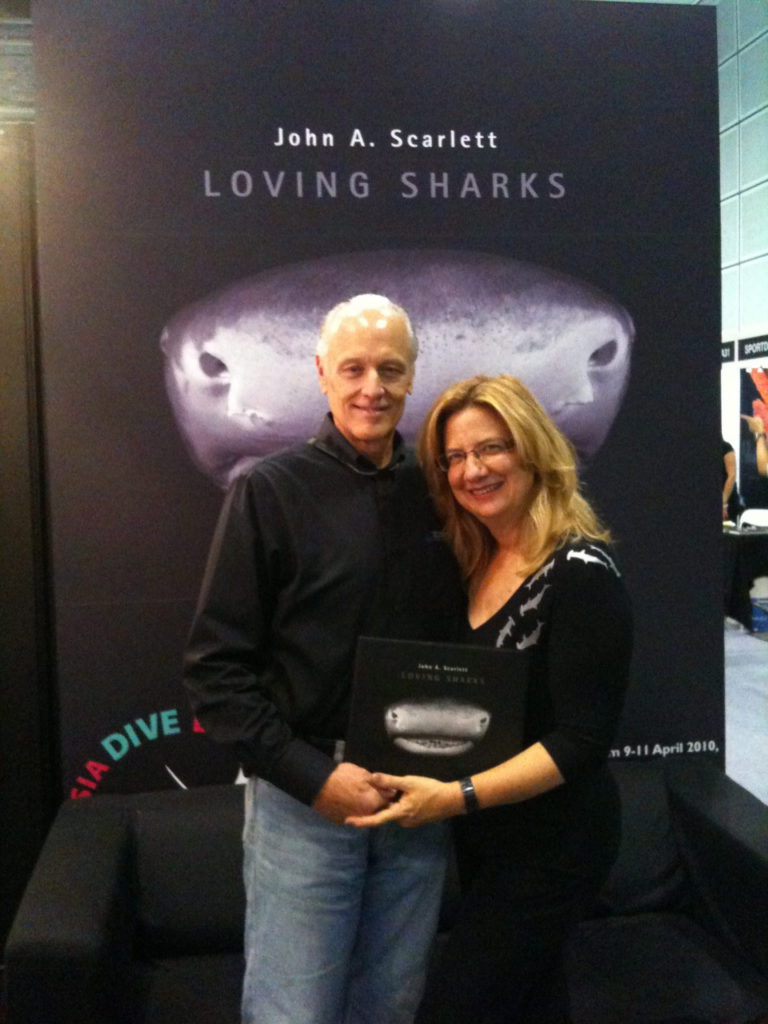
- Name: Susan S.
- Diagnosis (DX):
- Breast Cancer
- Triple-negative
- ER/PR+
- Ductal
- Breast Cancer
- Symptoms:
- Lump
- Twisted, caved-in nipple
- Treatment:
Communicate whatever you’re feeling without fear of judgment from others, without concern for other people’s concern for you…Be honest with your whole truth, because some days you’re gonna feel better, and some days you’re going to feel worse.
Susan S.
This interview has been edited for clarity. This is not medical advice. Please consult with your healthcare provider for treatment decisions.
- Symptoms & Diagnosis
- Treatment Decisions
- Chemotherapy
- Wanting to quit chemo
- A call from a friend helped her push through
- Why do you think guided meditation helped you?
- Did you go back on anti-nausea medication with chemo?
- What type of breast cancer and staging were you diagnosed with?
- How long after surgery did you begin your next treatment?
- What was your cancer care team like?
- Adjusting plans to start chemo
- Did you have any side effects from cancer treatment?
- Remission & Relapse
- Quality of Life
- Describe your experience with hair loss and regrowth
- Having a gratitude ceremony before surgery
- Did you have pain post-surgery?
- Has physical therapy improved your pain?
- What did your doctors initially do to help your pain?
- How many cancer recurrences have you had?
- Who did you receive cancer care from with your recurrence?
- Reflections
Symptoms & Diagnosis
Tell us about yourself
I’m 72. I have a husband, 2 daughters, 2 grandchildren, and 1 golden retriever. My hobbies, up until I got to this age, my husband and I’s passion in life was scuba diving. We went all over the world. It’s the only kind of vacation we ever took. He’s an underwater photographer, so we ended up with quite a spectacular set of images that we’ve designed a house around. We built this house that we’re in 4 years ago.
When did you first discover something wasn’t right?
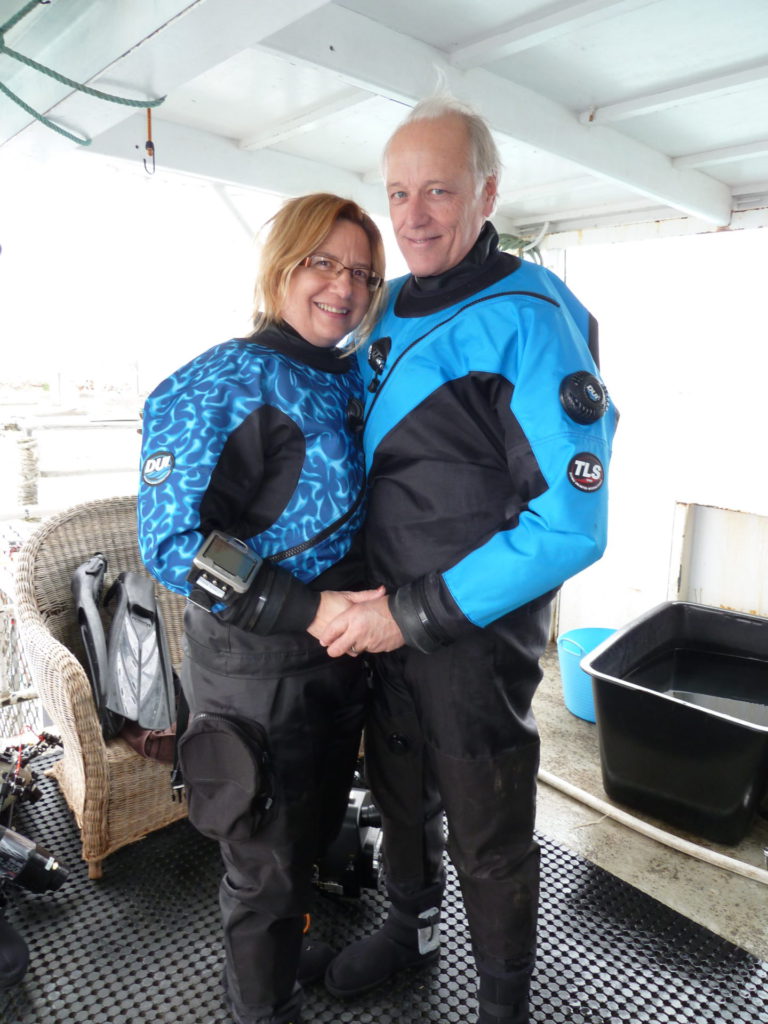
It was my husband loving me, and he found a lump. He’s a physician and he didn’t want to alarm me, but he also didn’t want to ignore it. So he found it without looking for it. It was a left-sided tumor.
Getting a fine needle aspiration
The guy had missed it 3 times when he did the fine needle aspiration. He told me I had no cancer…They sent it to pathology and they said, “Oh, that’s positive.”
We had a fine needle aspiration scheduled. The guy took 3 samples and we were supposed to go to Australia 2 or 3 days later. They got a report back and they said, “No problem, you don’t have any cancer. But we might as well take that thing out.”
We go to Australia, we’re gone for 3 weeks, we come back. My mom is staying here with the kids and she gets this call from the hospital. They said, “We just wanted to talk to Susan about her surgery that’s scheduled in a few days.” My mother was like, what surgery? Because they told us there was nothing, it was no big deal.
We called and the guy had missed it 3 times when he did the fine needle aspiration. He told me I had no cancer. Then we went and did the surgery and they sent it to pathology and they said, “Oh, that’s positive.”
How did you react to hearing you had cancer?
It felt like this hard little rock and it wasn’t much bigger than the size of a pea. It freaked me out so much that I never went looking for it again.

That was an awful day. Just like everybody else, when they first hear that news, you go numb, deaf, and blind. Fortunately, my husband being a physician, was able to ask the right questions, chase this down, and figure out what to do.
We live in Austin, but we ended up going to MD Anderson in Houston for my care, which was tremendous. The care was great. I had a lumpectomy and they took 5 lymph nodes, all of which were negative, which was wonderful.
»MORE: Reacting to a Cancer Diagnosis
I was in such denial. This is really pathetic, but my husband, when the lymph nodes came back negative, he knew that was really good news. I had really mixed feelings about it. Intellectually, I knew that that was really good news. But emotionally, I was still in the space I’d been a few weeks before the trip, which was, you don’t have cancer. So I was like, if the lymph nodes had been positive, it would have been proof that I had cancer.
What did you think when you discovered the lump?
Nothing, and I felt it. He told me where to feel it. I felt it one time and I was so freaked out. It felt like this hard little rock and it wasn’t much bigger than the size of a pea. It freaked me out so much that I never went looking for it again. There’s this crazy emotional thing that doesn’t have any rationality attached to it.
Treatment Decisions
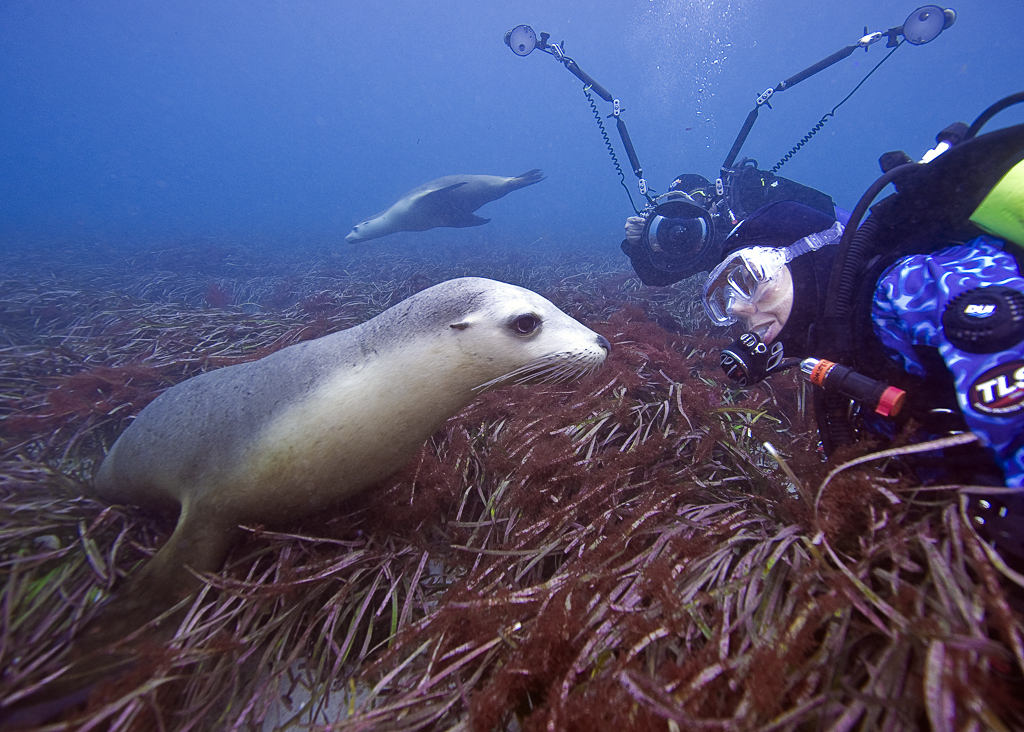
Choosing the next course of treatment
The oncologist recommended chemotherapy and radiation following that, and he gave me 2 choices. I don’t know if other people you’ve talked to have had this situation, but he said, “You can either do this or you can do this. The statistics tell us that 97% of the people who do this type of chemotherapy have no return of the disease, but you do lose all your hair. This one over here, the statistics tell us that you don’t lose all your hair and is 93% [effective].” So it was a 4% difference. I really was emotional about my hair. I said I’m willing to gamble on that 4%. Let’s go with the one I’m not going to lose my hair. The doctor said, “Why don’t you guys go home and think about it? Call me if you have any questions.” We got home and we thought, We do have questions.
Getting a biopsy
The surgeon here in Austin who did the fine needle aspiration said, “When you get back from Australia, let’s take it out.” So as far as I knew, I was taking out a benign little something and it came back positive. I never had a biopsy. Then when I went to MD Anderson, they said we needed better margins. They took another whole section in the same spot, but bigger, and the lymph nodes with the sentinel node biopsy. I had no idea how painful a biopsy was.
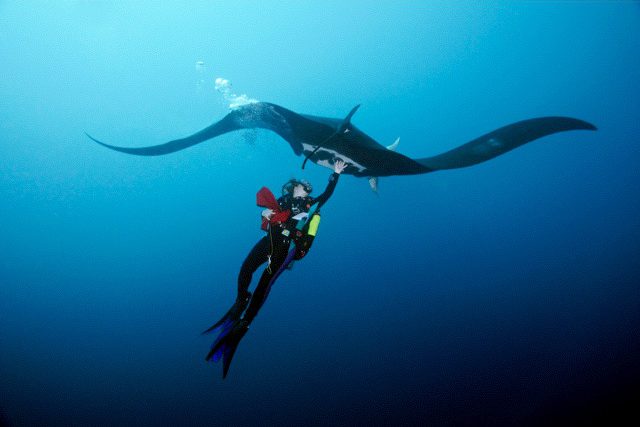
Processing a cancer diagnosis
I learned a lot about denial. It’s a powerful human thing. I remember 2 times realizing I had been in denial. One was 9 days out. As I said, my husband’s a physician. He’s very compassionate, he loves me dearly, and he was just very present for me.
I made plans and he figured out the MD Anderson piece. Then 9 days later, I remember driving up the driveway and he stopped the car on the hill of the driveway because I had said something that made him realize I totally was disconnected from this truth. It wasn’t internalized. We had another long conversation, and then I thought I got out of denial.
I learned a lot about denial. It’s a powerful human thing.
There was another episode of that 4 months in. I just realized, oh my gosh, you still really haven’t grasped how serious this is.
Do you have a family history of breast cancer?
No mom, no grandmom, no aunties. I have 2 daughters and they now have a family history. That was scary. I don’t have the BRCA gene, so that’s a good thing for my kids.
»MORE: Genetic Testing For Cancer
Chemotherapy
Wanting to quit chemo
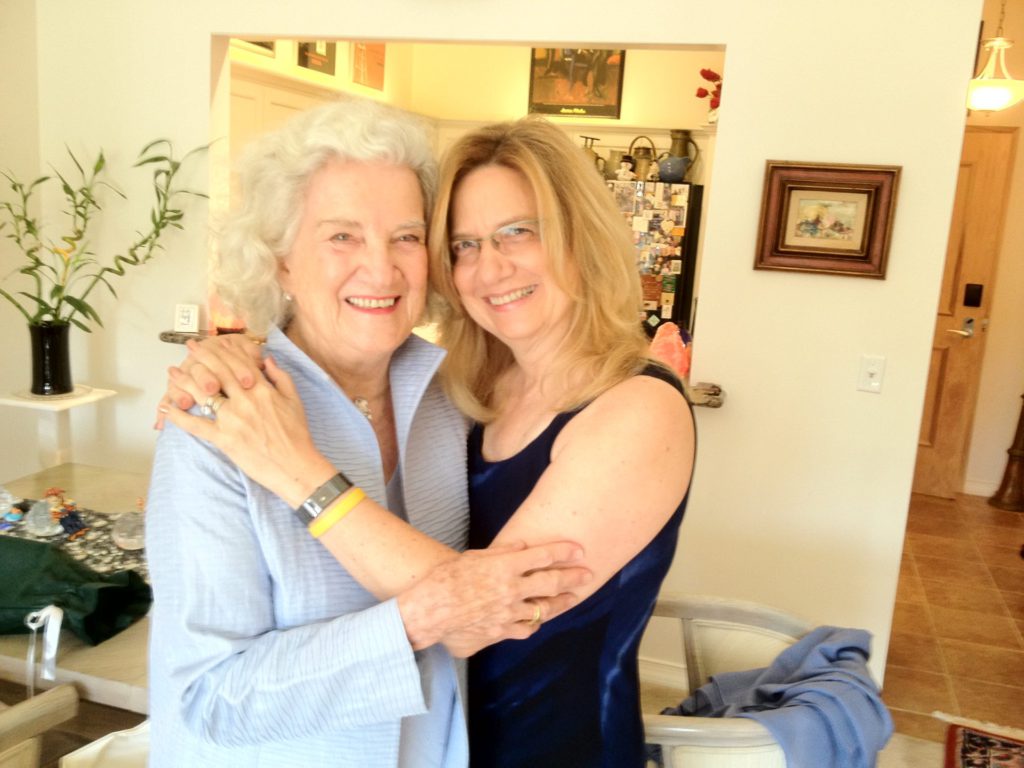
I was amazed at how angry I was every time my hair would fall out. It took me a few months to realize I was angry at the cancer.
We were talking to the oncologist who had a couple of choices he was happy with for me, and one would mean I would lose part of my hair and one would mean I would lose all my hair. This is the one they called the Red Devil, Adriamycin. The other one, I don’t remember what it was anymore. That little cocktail was 3 different drugs. With that one, I was going to lose maybe a third of my hair and I did.
I was amazed at how angry I was every time my hair would fall out. It took me a few months to realize I was angry at the cancer. It was really unlike me to be semi-violent, but it was all emotion. It’s just a tough thing.
I was scheduled for 6 treatments, 3 weeks apart, and it was IV. I Did not have a port. After the fourth one, they forgot to give me antiemetics, anti-nausea drugs. We drove back to Austin and I was sick all night. I was unprotected from the chemo and I was so miserable and so sick that the next morning I said to my husband, I’m not doing that again. I’m not getting in the car and driving over there and giving those people my arm so they can pour those poisons in me. I’m not doing that. He was so dear, so tender, and smart. He didn’t say anything. He was sitting down next to me on the bed, and he went, “No judgment.” He didn’t support what I said. He didn’t deny what I said. He just was neutral.
»MORE: Managing Nausea and Vomiting from Chemotherapy
A call from a friend helped her push through
I just cried for a long time, and I had an amazing thing happen. I had a friend from Denmark call me right in the middle of that refusal. As soon as I answered the phone, she could tell something was wrong. She said, “I may be able to help you.” This is a long-distance call from Denmark. She said, “It’s essentially a guided meditation and if you’d be interested, we could do this and just see what happens.” I trust her and I love her so I did.
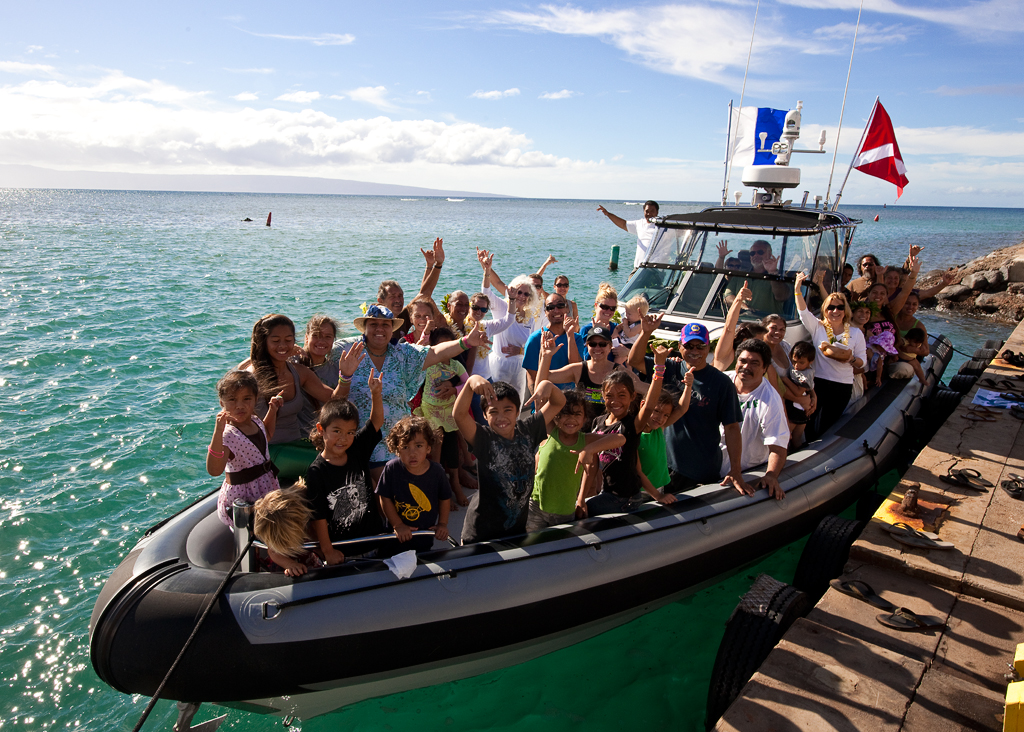
I was walking toward the beach in my imagination…It was the most amazing feeling. It was this sense of, there she is. There’s that healthy girl.
She had me lie down, it was sort of awkward, then take my phone. It was resting on my shoulder so I didn’t have to hold it. She said “I want you to take your right hand and point all the way out and picture you healthy. Picture a healthy Susan.” She talked in the third person and I answered in the third person and I said, “She’s on a reef. She’s swimming in this beautiful sparkling water over all this color and all this life, and all these fish. It’s just gorgeous.” She said, “Take your left hand, extend it all the way out, and tell me where you are. Tell me what you see.” I said, “I’m in this house and it’s surrounded by this huge forest and I feel like I have to go outside and I have to go in this forest and I’m really scared. I can’t see any light source. The trees are so tall and they’re blocking out the sun. But I feel like I need to go through this forest.”
She guided me step by step and she would ask me questions like, “What are you feeling and what are you seeing?” I was walking toward the beach in my imagination. When I got to the edge of the trees and the beginning of the sand, it was the most amazing feeling. It was this sense of, there she is. There’s that healthy girl. I can see her. She’s right there, and that’s me. I kept walking and I got to be on the reef and be healthy and live. I told my husband I was willing to go back for the next treatment.
Why do you think guided meditation helped you?
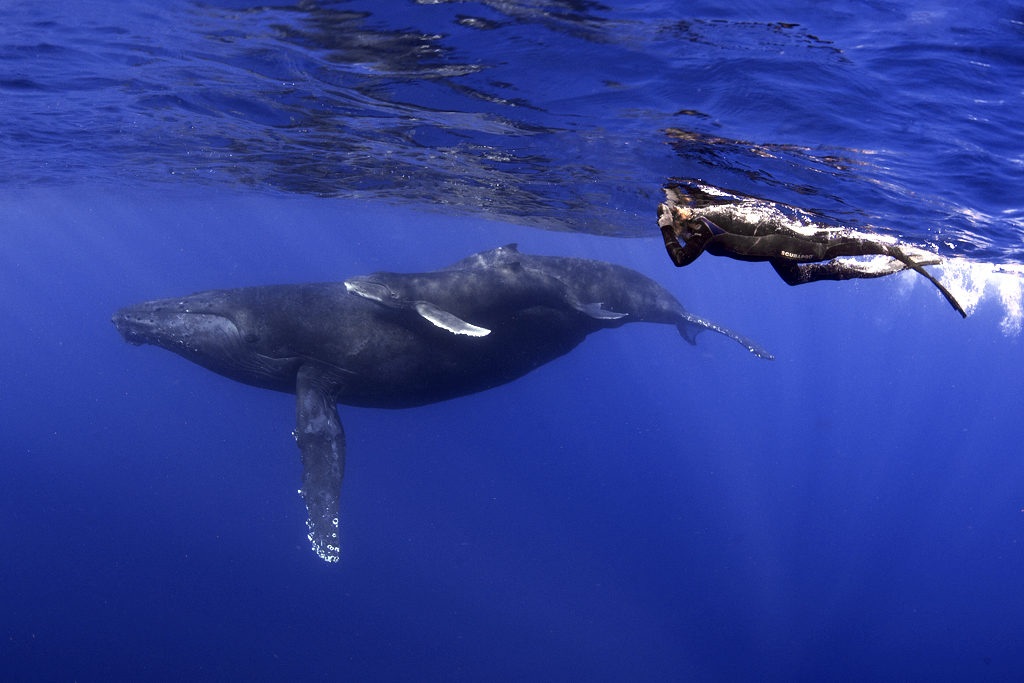
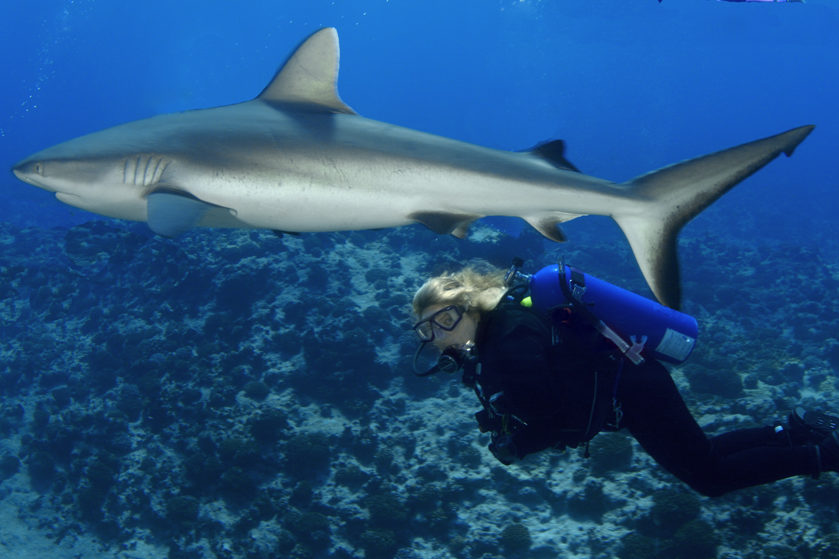
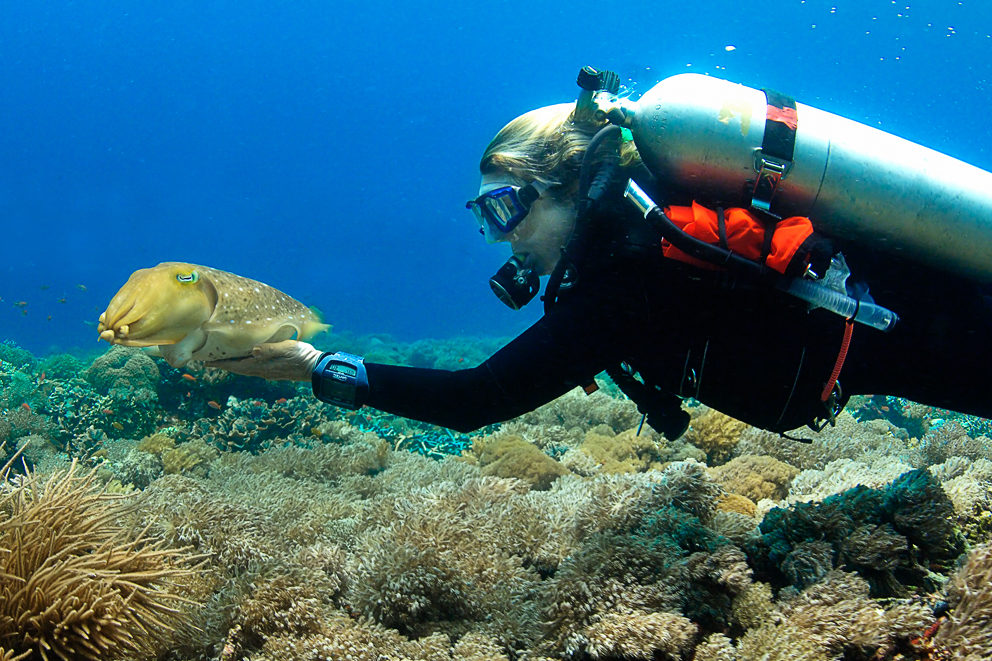
The whole third-person part of it was so interesting. I think there’s something about the fact that it was in the third person like it keeps a safe connection. In other words, if I feel bad, I can still accept this potential as opposed to feeling bad, giving up, and having no hope. It’s not specific. It’s atmospheric.
It was really amazing. I think we were on the phone for about 2 hours. It was a crazy long phone call to Denmark.
Did you go back on anti-nausea medication with chemo?
With this type of cancer, it was not recommended that I take anything. That is my first cancer. That was a long time ago. For the more recent cancer, I didn’t do chemotherapy, but I am on a 5-year estrogen blocker and that has all the normal side effects.
What type of breast cancer and staging were you diagnosed with?
What I remember is triple-negative. I don’t remember them ever staging it. It was invasive, so it penetrated the cell wall. That probably stages it above 1.
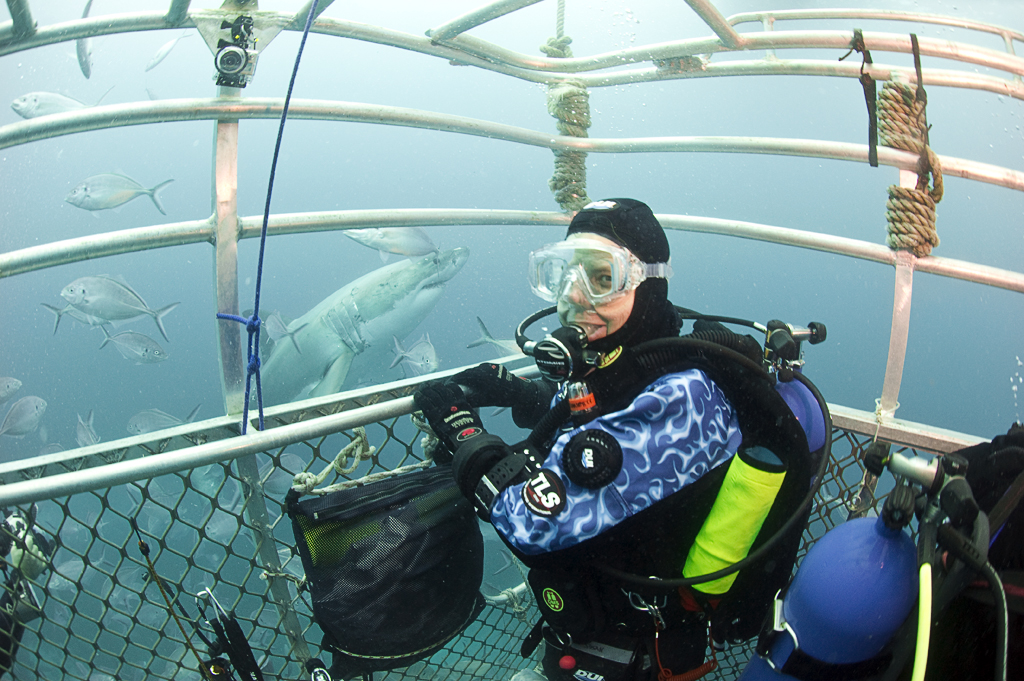
How long after surgery did you begin your next treatment?
After I did the surgery first, I did 6.5 weeks of radiation.
What was your cancer care team like?
My doctor was wonderful. The first time we talked to him, to my astonishment, he sat with us for 2 hours and 15 minutes. That’s unbelievable. My husband is a physician, so he had done a lot of research before we got there. I had such a good team that I allowed a lot of what was going to happen to be researched and recommended by others instead of having to do that myself. I would ask whatever questions I had.
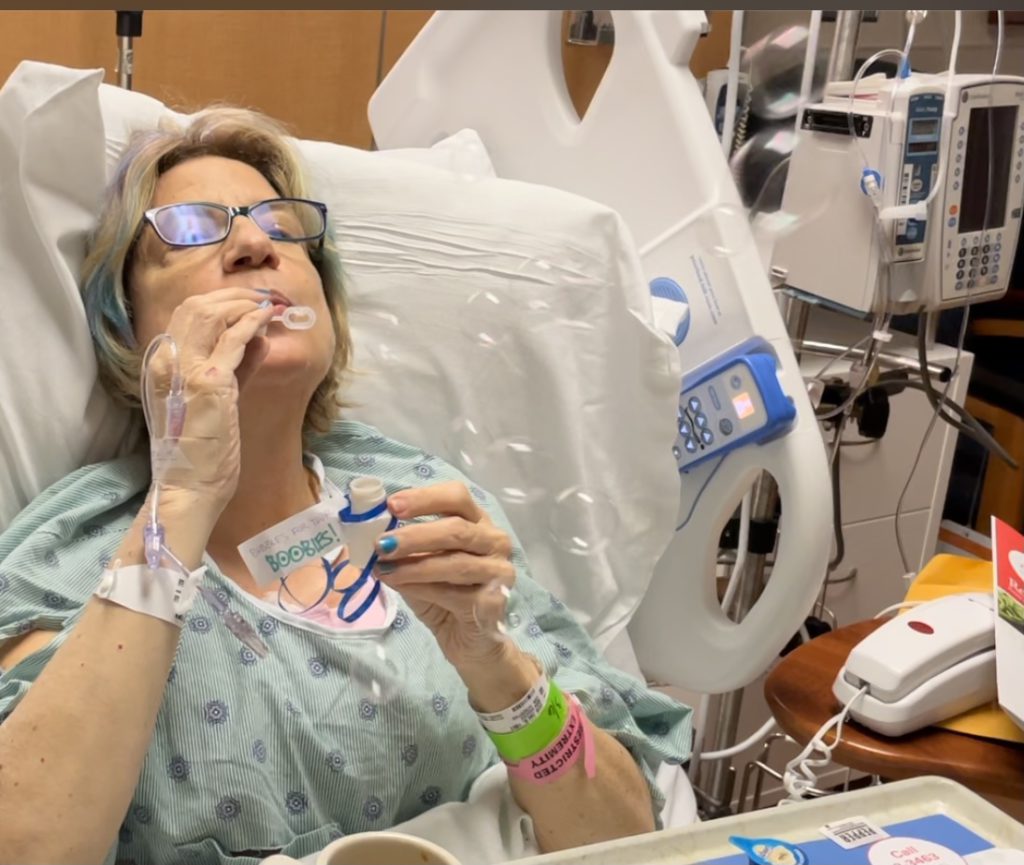
My doctor was wonderful. The first time we talked to him, to my astonishment, he sat with us for 2 hours and 15 minutes.
Adjusting plans to start chemo
After the surgery, when he was telling me about the chemotherapy and I had decided which one to go with, it was December 18th. I figured Christmas was coming and New Year’s. My birthday, my daughter’s birthday, and my granddaughter’s birthday were all the first week in January. I thought, let’s just start this after all those birthdays and all those holidays. Let’s start somewhere around January 12th.
The doctor said, “Let’s talk about when we’re going to get started.” I didn’t even have a chance to say anything that was on my mind. He goes, “What do you think?” There was something about his body language that I thought, oh, my gosh, he’s talking about right this minute, like today. I looked at my husband. He’s sitting on his chair and he just had this completely neutral look. Not encouraging me, Not discouraging. It’s December 18th and I thought, oh my gosh, Susan, this is on you. You have to respond. You’re the only one in this room who’s going to say the next words. You got to figure out what it is and then you got to follow through with it right now. I said let’s do it. I was like, whoa. I just agreed to my first chemotherapy right now. However, I also thought, okay, that’ll be one down. One will be behind me.
He fit me on the list and my husband, poor thing. He was coming down with a virus and he had to wait till they could fit me in, which was 9:30 at night.
I thought, oh my gosh, Susan, this is on you. You have to respond…You got to figure out what it is and then you got to follow through with it right now.
Did you have any side effects from cancer treatment?
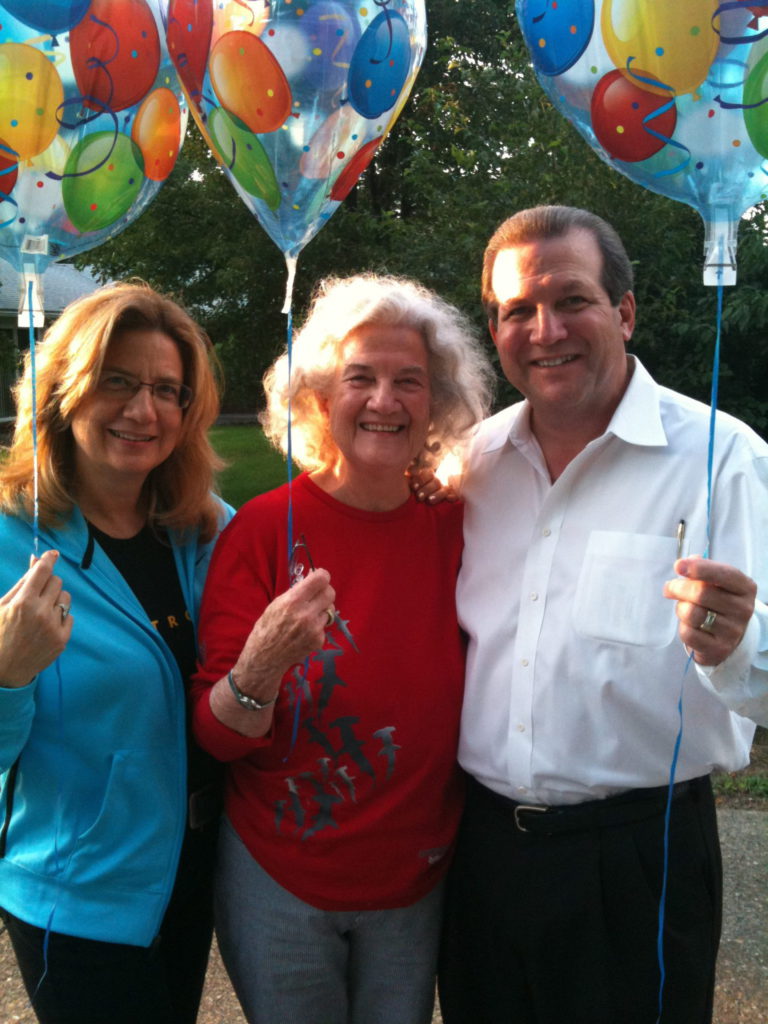
Nobody knew because I had never taken any of these anti-nausea drugs before. They gave me Zofran, which was their big, super successful drug to keep people from getting sick. Well, I had an allergic reaction to it. The next day I was in a head-to-toe rash and I fainted. My mom was here. That was the fourth one.
The first one, they gave me a great drug. I didn’t get sick. The next day, I had an allergic reaction. For the second treatment, they gave me another antiemetic, but it was a sister drug to the first one so I had another allergic reaction to the second drug. The third time around, they said, “We’re not doing that again in any form.” They gave me a third drug which worked okay, and the fourth time they just somehow forgot. The fifth and the sixth times, they got it right.
Remission & Relapse
That was awesome news, but it was a little bit stunning to discover I had a second breast cancer that was different.
Describe your surgery
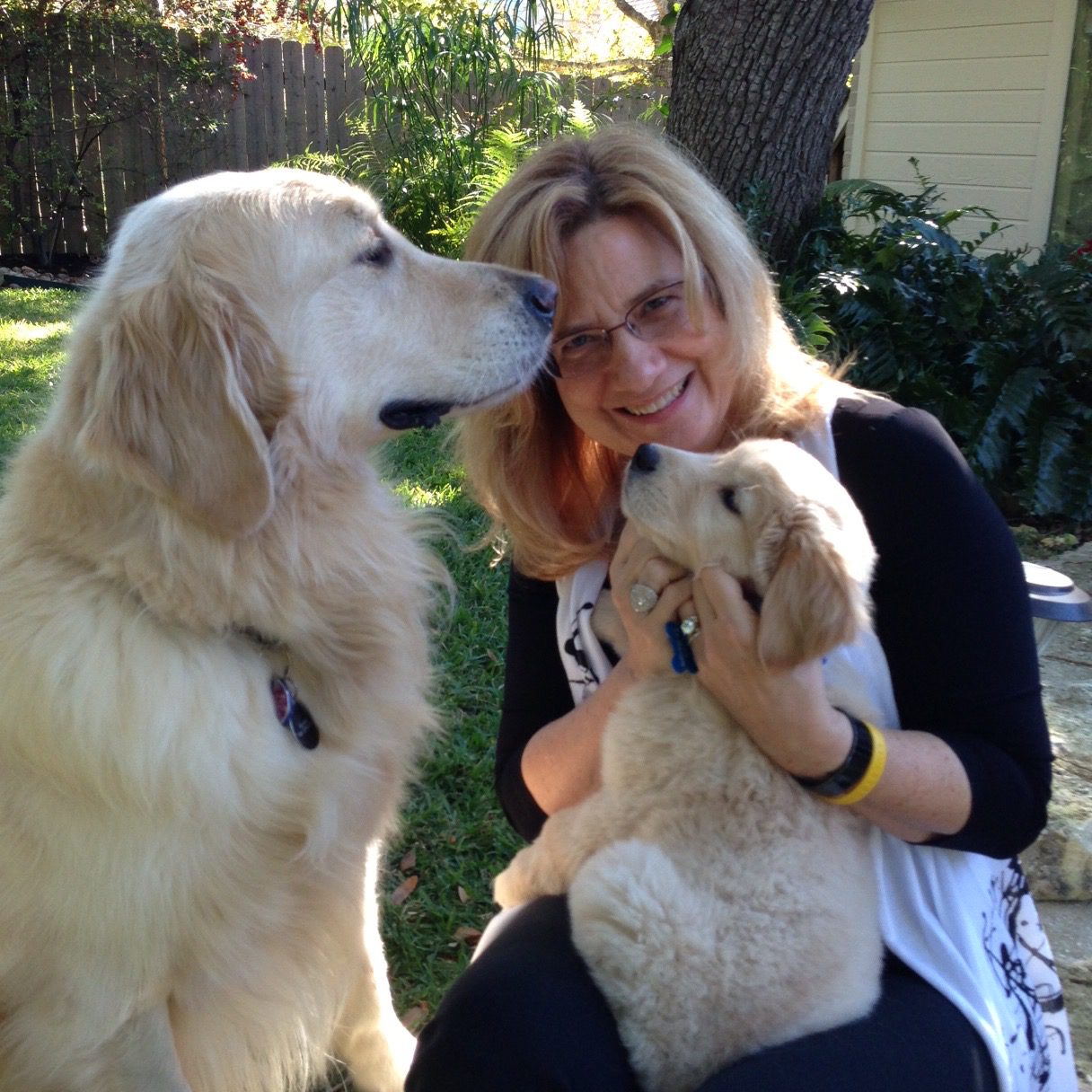
It was with a surgeon at a breast specialist at MD Anderson. She explained things, what she was going to do, and it was going to be a lumpectomy. She explained what a sentinel node biopsy was and how they were going to put a dye in where the tumor had been and watch what happened. I thought that was fascinating that they could see this blue dye traveling across me to the lymph system.
I don’t remember the recovery being difficult. Not that I’d ever had surgery before, so I’m sure I had to deal with drains and stuff. I don’t remember how long I was in the hospital.
Taking preventative measures against radiation burns
There was one beautiful part of that, which is that the team at the radiation place said, “There’s this French cream and we want you to use this for 2 weeks before we even get started. Use this every day. It will protect you because eventually this radiation will be like a bad sunburn and this will really help.”
It’s a daily treatment 5 days a week, not 7, but 5 days a week. I did what they said. I started 2 weeks with the cream. Probably 2 weeks into those 6.5 weeks, they said to me, “You’re using that cream, aren’t you?” I said yeah, I am. They said, “Most people don’t start. They don’t do what we tell them to do and they really get burned. You’re really in great shape for being a couple of weeks into this process. You’re going to be okay.” I didn’t have a sunburn feeling probably until 5, 5.5 weeks, or 6 weeks into it, which was nearly the end of it.
[The cream] is Biafine.
»MORE: Coping with Radiation Burns
Scarring post-radiation
What I did get, that I didn’t know until a couple of years ago when I had cancer, is that radiation can scar deep down. On the left side, they put the big heavy radiation blanket thing over you. All the area that was irradiated had pretty terrible scarring that I wasn’t aware of. I didn’t feel it until after they took off all my breast tissue a couple of years ago when I had a second cancer.
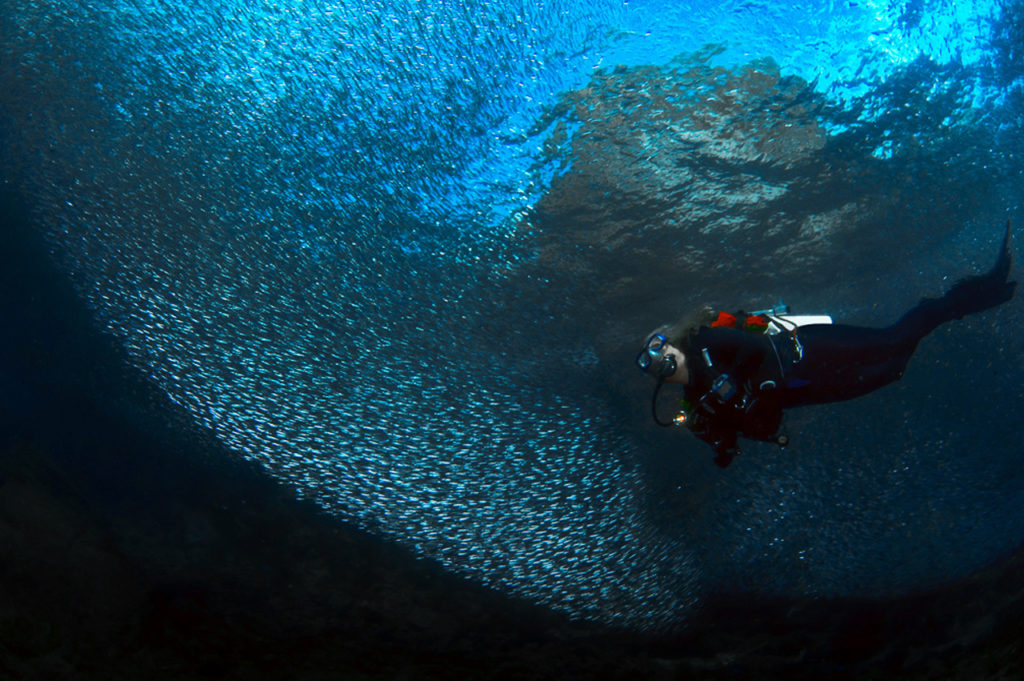
No warning. No awareness. No thoughts about that at all. I would associate scarring with a cut, and there were 2. One where the lump was and then one where the sentinel node was taken, but they were tiny.
Celebrating being cancer-free
I made the decision to go back to MD Anderson for the mammograms which were every 6 months for a little while and then graduated up to a year. There was just a comfort level in doing that, and that carried on and everything was negative.
It’s 10 years later and I’m like, Whoa! Typically in 5 years, you can consider yourself in remission, if not gone. But 10 years later, I threw myself a 10-year cancer-free anniversary party and people came from all over the country. It was a lovely, lovely thing to do for myself and my friends. We all celebrated.
»MORE: Learn More About Cancer Remission
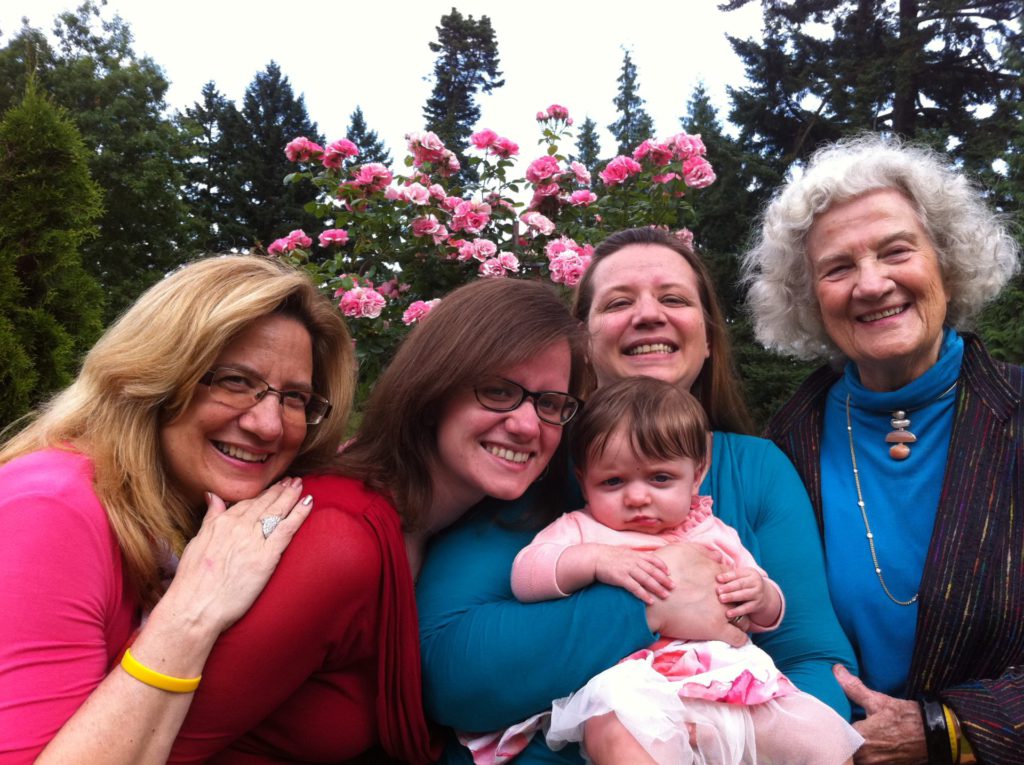
Experiencing cancer recurrence after 20 years
Another 10 years went by before I had another cancer experience. But in the interim, I got a diagnosis of Parkinson’s disease in 2015. The first cancer was in the year 2000 and the Parkinson’s was in 2015. Then in 2021, I was looking in the mirror one day and I thought, that breast doesn’t look right. That nipple looks weird. It was kind of twisted and caved-in looking.
I went to my doctor and it was the nurse practitioner that I saw. She didn’t even have to examine me. I saw in her face real concern. Then she examined me and she said, I’d like to send you for a mammogram and a biopsy. Are you free to do that today? I said sure, I can do that. She worked the system and all that happened the same day. I had no idea what a biopsy really meant. It hurts so much.

Another 10 years went by before I had another cancer experience. But in the interim, I got a diagnosis of Parkinson’s disease in 2015.
The technician needed to do 4 and she said, “So are you ready?” I thought I would do it, but I’m not ready for it. It felt like shooting with force, with
